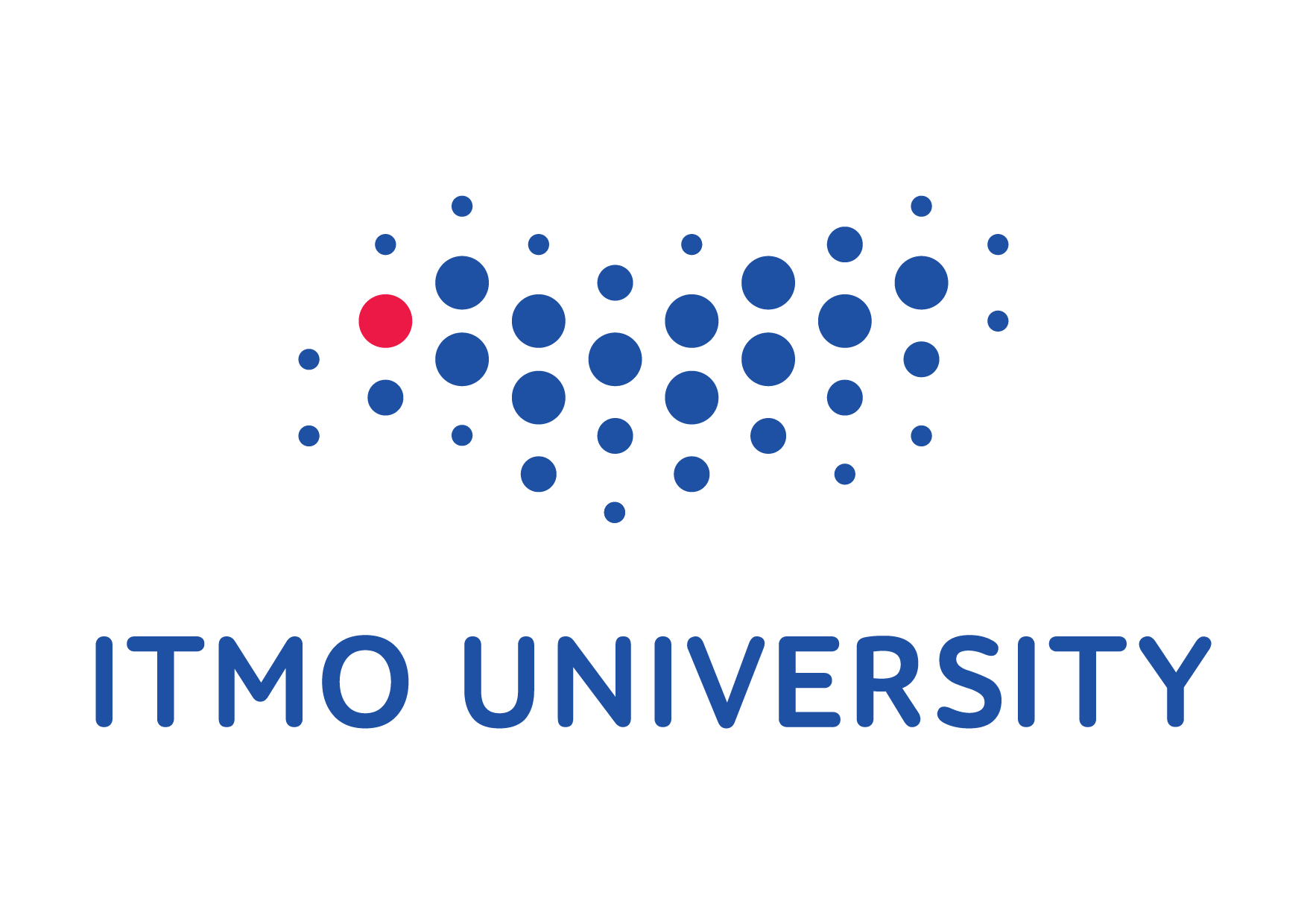ITMO: Congress of Young Scientists: Projects in Inclusive Education
Last month’s 10th Congress of Young Scientists included a session initiated by ITMO’s Center for Inclusive Education. Students from all across Russia – from Murmansk to Yekaterinburg – presented projects that focus on improving the lives of people with disabilities.
Svetlana Gnezdilova, head of the Center for Inclusive Education, believes that participation in the event greatly motivates students with disabilities towards research activities.
“Such students are eager to contribute to society. Seeing their ideas and innovations do good in the world motivates them to move forward. Participation in the Congress is also a great chance for them to practice public speaking, improve their research, and test their theses ideas,” she explains.
Here are some of the projects presented at the congress.
Special guitar for people with disabilities and online assistant for career guidance
Denis Goncharov, a Master’s student at ITMO’s (FTMI), has recently his special guitar for people with disabilities. When playing this guitar, you no longer need to press hard on strings but simply touch them. Its neck is equipped with special sensors that detect the hand’s position and make the guitar produce a sound from among pre-existing samples, just like on a synthesizer. The guitar will be a perfect choice not only for people with disabilities, but also all aspiring musicians wishing to master the instrument.
Artem Meinov, a PhD student at ITMO’s , developed an online assistant that helps students with disabilities choose the right university major. The innovation is based on a teaching guide compiled by the center, which provides career guidance to students with disabilities. The online service includes lists of all specializations and majors at ITMO and of professions not recommended to those with specific disabilities, as well as a matrix of competencies (per the ). Artem also plans to adapt his service for the visually impaired with the help of an expert optometrist, expand the catalog with other universities, and introduce online consultations.
Platform for legal and medical assistance
Another project was presented by Victoria Pashintseva, a first-year Master’s student at the FTMI, who created a catalog of information services and platforms for people with disabilities. In her report, she shared the results of her research on various online systems that allow people with disabilities to access government services and obtain information about their rights and opportunities. The research showed that information services tend to aggregate information about disability, legal framework, recommendations on rehabilitation or habilitation, and government services, but do not offer direct consultations.
This prompted Victoria to develop an information platform providing legal assistance to people with disabilities. This platform would make it possible to unite people in need of medical and legal assistance, non-profit organizations that provide free legal services, societies for people with disabilities, and other interested institutions, as well as change the commonplace approach to medical and social assessment and provide citizens in need with sufficient and affordable legal assistance.
“This idea came by chance. For over ten years, I’ve been witness to bureaucratic problems that people with disabilities regularly face (medical and social assessment, applying for assistive technology, etc.) and a lack of competent legal professionals in this field. After analyzing the existing information platforms, I realized that they mainly exist to aggregate information. That’s why I decided to create a platform providing legal and medical assistance to people with disabilities. And once launched, it will significantly improve the quality of life for people with disabilities when accessing vitally needed services or receiving assistive technology,” explains Victoria Pashintseva.
Dyslexia and distance learning
Ekaterina Makarova, a first-year Master’s student at ITMO’s Faculty of Control Systems and Robotics, prepared a report entitled “Dyslexia and higher education during the pandemic: the pros and cons of distance learning”. Dyslexia is one of the most common learning disabilities. Ekaterina studied the challenges faced by dyslexic people and analyzed possibilities for inclusive education during the pandemic.
Video lectures provided in advance make it possible for dyslexic students to master the curriculum yet maintain a healthy life-work balance and productivity. Online classes can help them stay focused, as students can have breaks when necessary. Moreover, they can work undisturbed in a comfortable setting with the right lighting and a properly-equipped workplace.
“I chose this topic because I know firsthand what dyslexia is and how little people talk about it in Russia, although about 10% of the world’s population experience dyslexia. In Europe, dyslexic people have long been attending regular schools, while we in Russia have only recently started to take speech impairments into account and provide extra time at the Unified State Exam. However, this is not a common practice yet. For instance, the Association for Parents of Children with Dyslexia was established only six years ago,” shares Ekaterina Makarova.
Ekaterina says that Russian-language sources say almost nothing about how to teach dyslexic students because for a long time people did not believe they could study at universities.
“If you look at the list of famous people with dyslexia, you will realize how many outstanding minds the world didn’t get to see because of this myth. Dyslexia is not only about a learning “disorder,” but also imaginative thinking and unconventional solutions. I was happy to learn that people at ITMO are sympathetic to this problem and that the university does its best in adapting its educational process to the special needs of students with dyslexia,” she emphasizes.
Held annually, the Inclusive Education section aims to demonstrate the growing number of ideas and inventions in the field of assistive technology. This is indeed a significant step for all humankind. Such devices make life easier for people with disabilities and improve their standard of living. Now, they have more and more opportunities to socialize and achieve their full potential.

